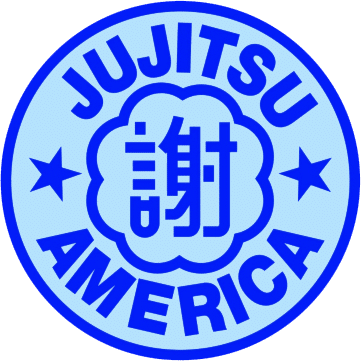About Us
JA Black Belts – Receiving a Black Belt from Jujitsu America signifies a high level of skill and dedication. Our Black Belts are known for their exceptional proficiency and understanding of Jujitsu as well as a commitment to continually grow as a martial artist.
Earning a Black Belt should be given as a testament to one’s commitment, perseverance, and dedication to the art. Our rigorous standards exist to uphold the traditions of the art, ensuring that each Black Belt represents the embodiment of excellence.
Click the link below to see the current list.
JA Certified Instructors – As your knowledge grows within the arts, and you are willing to pass that on to others, you will have the opportunity to join the ranks of JA Certified Instructor. The qualifications are:
(1) The request must be made by your instructor (2) You must be a member of JA in good standing (3) You must be a DZR Black Belt for at least 2 years (4) You must be a Nidan or above
Click the link below to see the current list.
Patriarch Award – This award is selected annually by the Council of Professors, the award is given to a person who has proven to have gone above and beyond others in martial arts as a true patriarch.
Click the link below to view the recipients.
Wally Jay Award – The recipient of this award was selected by Professor Wally Jay. Since his passing, the honor is done by his wife, Bernice Jay and it is awarded to an individual who has overcome adversity to succeed and contribute to martial arts.
Click the link below to view the recipients.
Kodenkan Spirit Award – The Standards Board gives recommendations for this award. It is awarded to an individual who demonstrates the Spirit of Kodenkan Jujitsu.
Click the link below to view!
Jujitsu America Distinguished Service Presidential Award – This award is given by the President of Jujitsu America to those individuals who he feels has worked and demonstrated distinguished service by supporting his efforts to improve and promote the Jujitsu America Organization.
Click the link below to view!
Black Belt Hall of Fame – This award is given to a Jujitsu America Black Belt for their long time contributions to Jujitsu America.
Click the link below to view.
Instructor of the Year – This award is given to an individual who is an active member of Jujitsu America and is recognized as an Instructor of Jujitsu who promotes Jujitsu to the martial arts world.
Click the link below to view.
